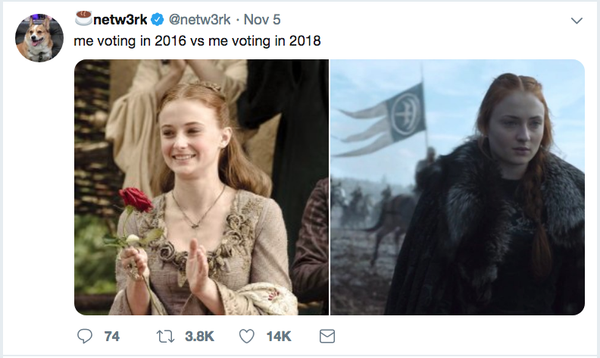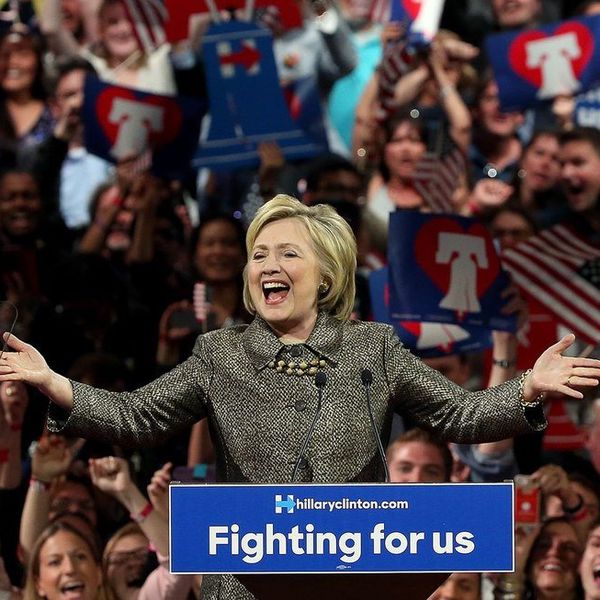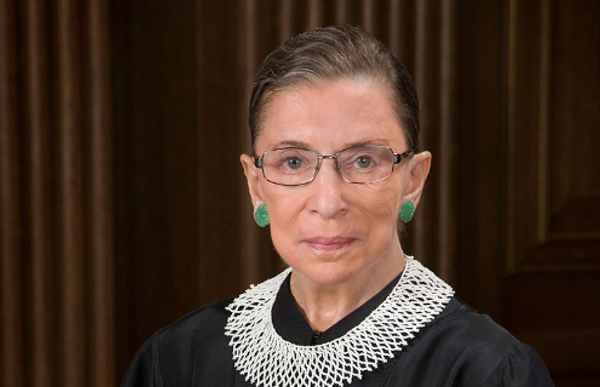On January 28, President Donald Trump tweeted, "Numerous states introducing Bible Literacy classes, giving students the option of studying the Bible. Starting to make a turn back? Great!" First, as an English major, I have many questions. What is a "turn back?" Does he mean "come back?" Second, as a Christian, I disagree with his statement altogether.
As a nation, we have decided that we will not force religion on our citizens. It is a choice. And while Trump's statement about Bible Literacy classes provides a "choice" it also includes a clear bias. If we are going to offer Bible Literacy classes, why not Koran Literacy classes? Or Vedas Literacy classes? Adding the word "option" to the statement doesn't mean people are barred from being offended.
The first amendment clearly says, "Congress shall make no law respecting an establishment of religion, or prohibiting the free exercise thereof, or abridging the freedom of speech, or of the press, or the right of the people peaceably to assemble, and to petition the government for a redress of grievances." So why then do people insist on making religiously based arguments?
Here's a long-debated topic: Gay Marriage. It seems the core arguments or at least the ones that enter into the public sphere, about gay marriage are religious. "Marriage is sacred." "God said Adam and Eve, not Adam and Steve." And of course, the infamous Bible quotes: "a man shall not lay with mankind as with womankind. It is an abomination" (Leviticus 18:22). If we are attempting to limit what the citizens of the United States can do based on biblical precepts, shouldn't we make sex before marriage illegal? What about watching porn? The Bible clearly says "But because of the temptation to sexual immorality, each man should have his own wife and each woman her own husband" (1 Corinthians 7:2).
If we are going to go against our constitution and enact laws based on religious arguments, then shouldn't we make sex before marriage and watching porn illegal?
Here's another hot topic: Abortion. Why is it so vehemently contested? Most of the prevalent arguments surrounding this topic are religiously based. We are not a country built on religion. Even further, we can't be a country built on religion. We decided nearly 230 years ago that we would not be a nation that forces religion. We decided that we would not make political decisions purely based on religion. So why, then, do we continue to fight for political change with religion?
I am a Christian, but I believe in a woman's right to chose. I believe in being well-educated on an issue before claiming it is "unholy" or "murder." The New York law does not state that a woman can kill her baby at any time during the pregnancy for any reason. It says that abortions are legal as long as they occur before the 24th week of pregnancy, the abortion is "necessary to protect the patient's health or life," or there is an absence of "fetal viability," or the ability for the fetus to survive outside the womb.
When the Cuomo, governor of New York, responded to the various religiously-based arguments he'd received, he said, "The Catholic Church doesn't believe in a woman's right to choose. Yes, I understand their religious view, but I'm not here to legislate religion." Cuomo, an outspoken Catholic, understands the difference between what he believes, and the right of the nation to chose. Though he may not agree with the choice, it is not his job to "legislate religion."
I am a Christian, but I don't use my beliefs to enact political change. I acknowledge we live in a nation of choice, and we cannot and should not be permitted to limit the choices of others based on individual religious beliefs.



















